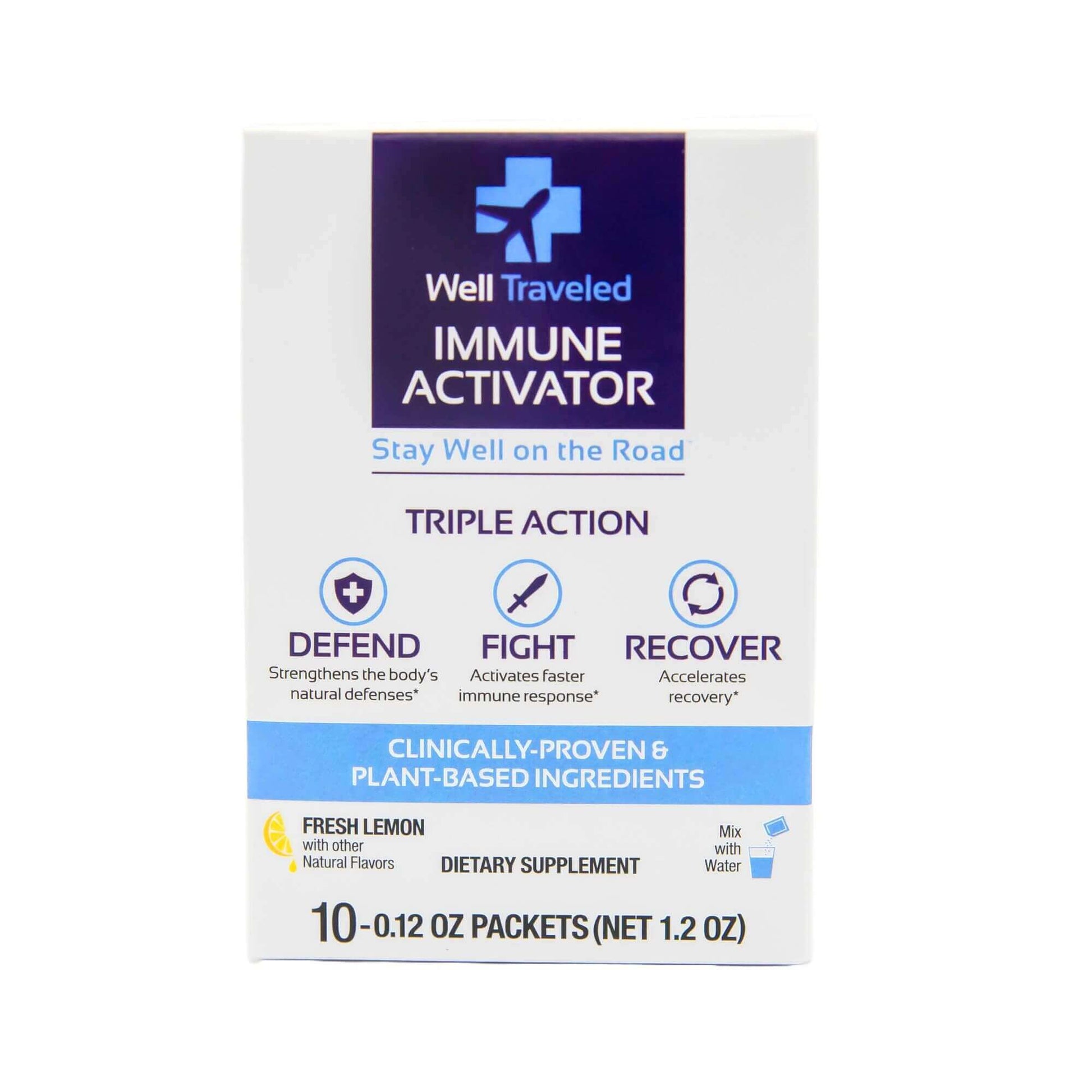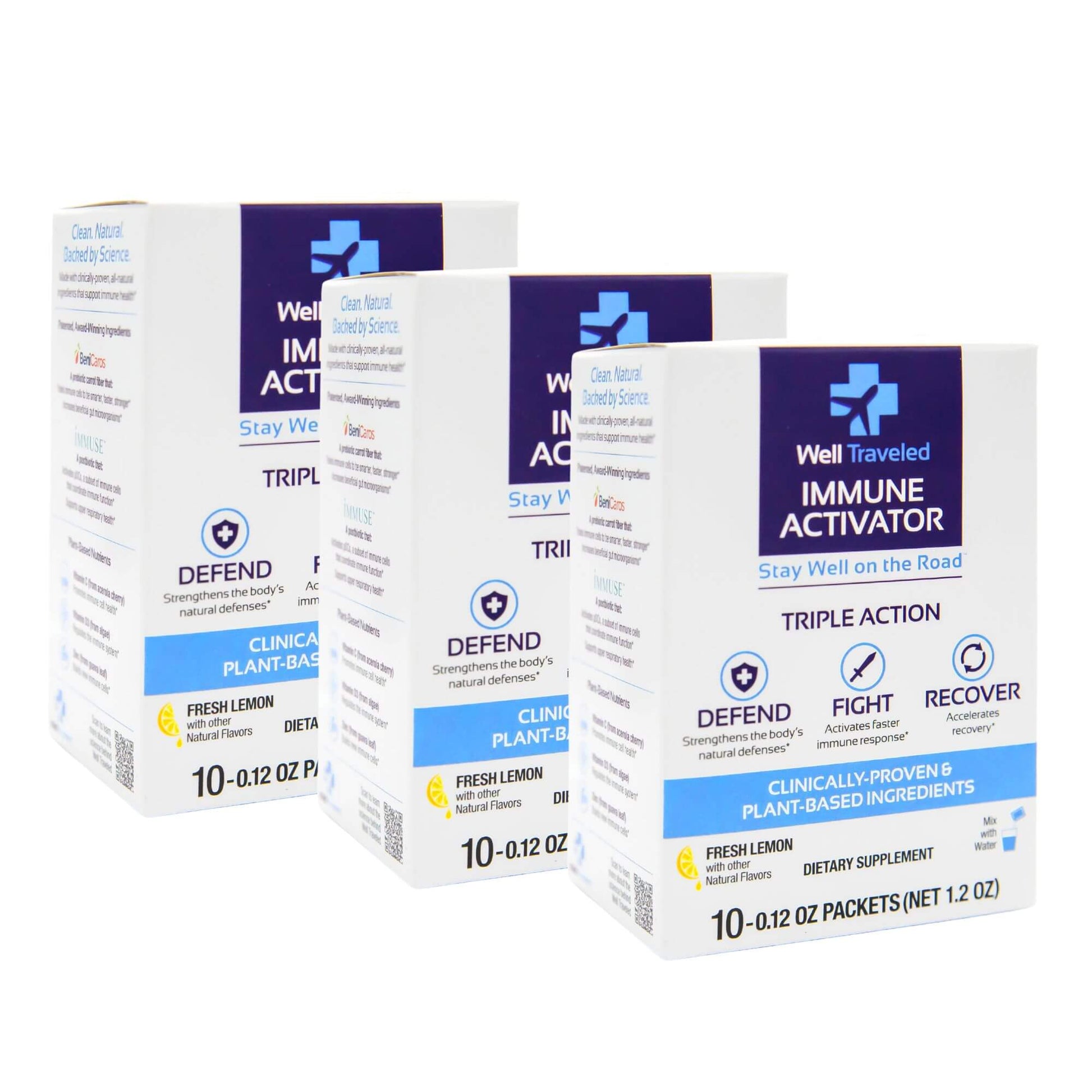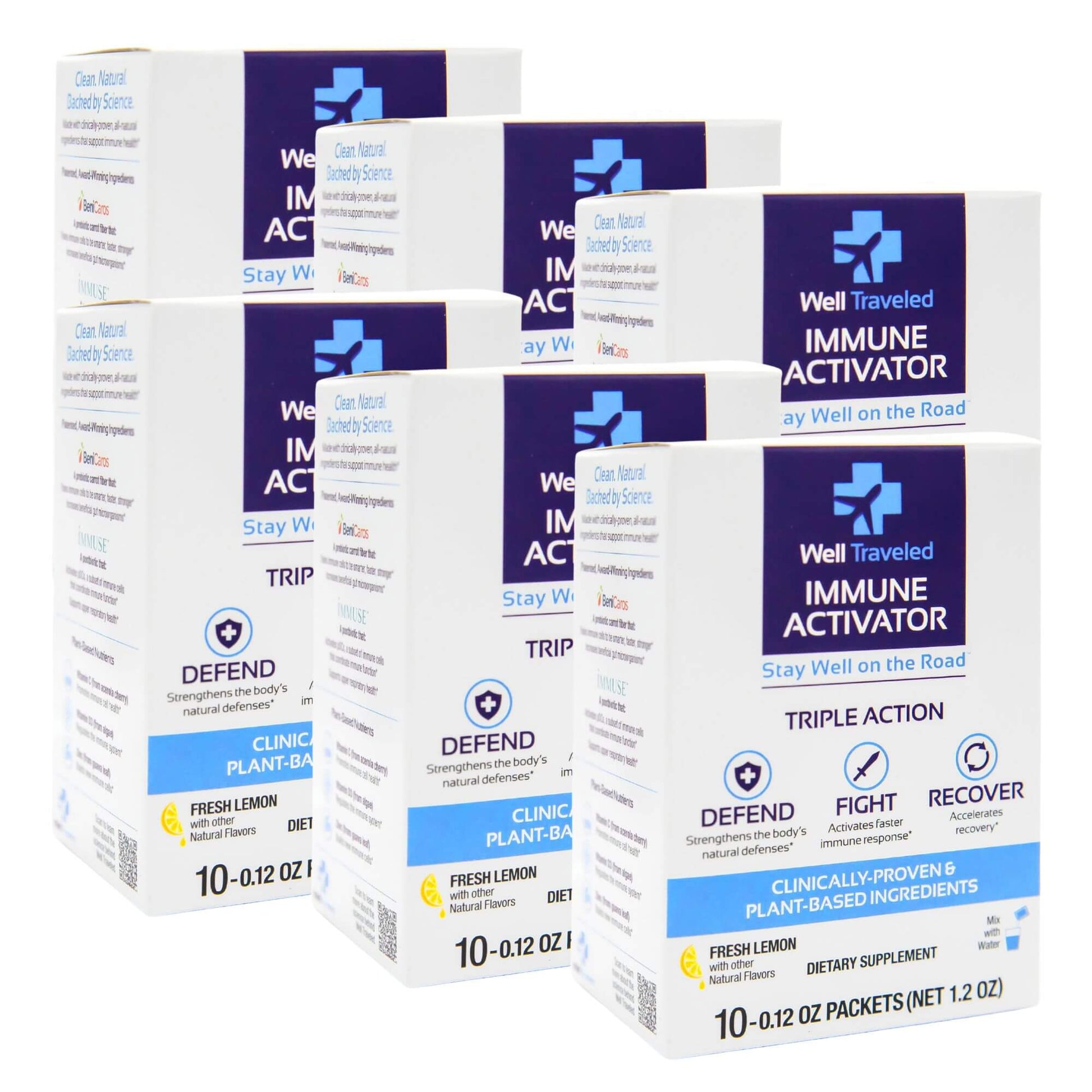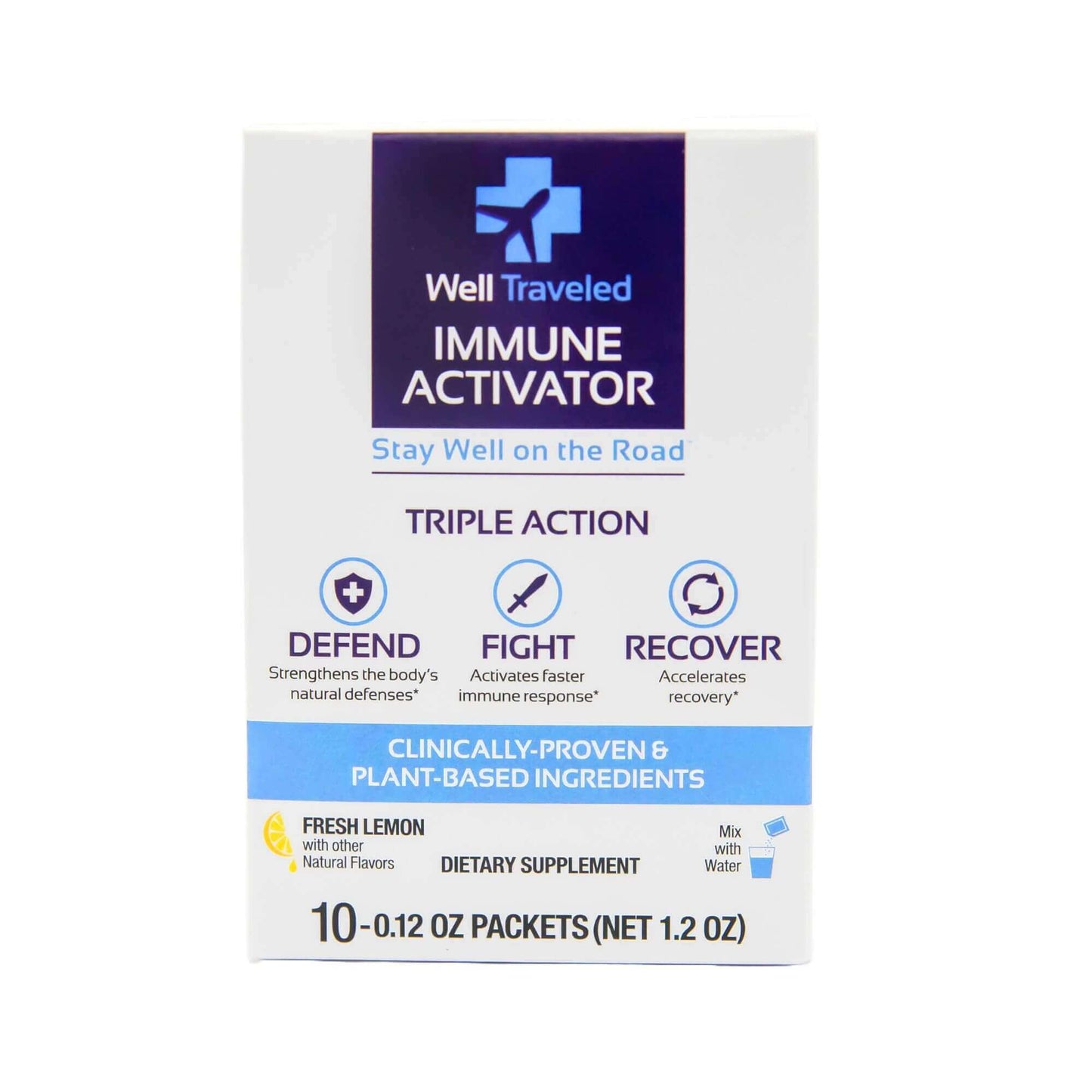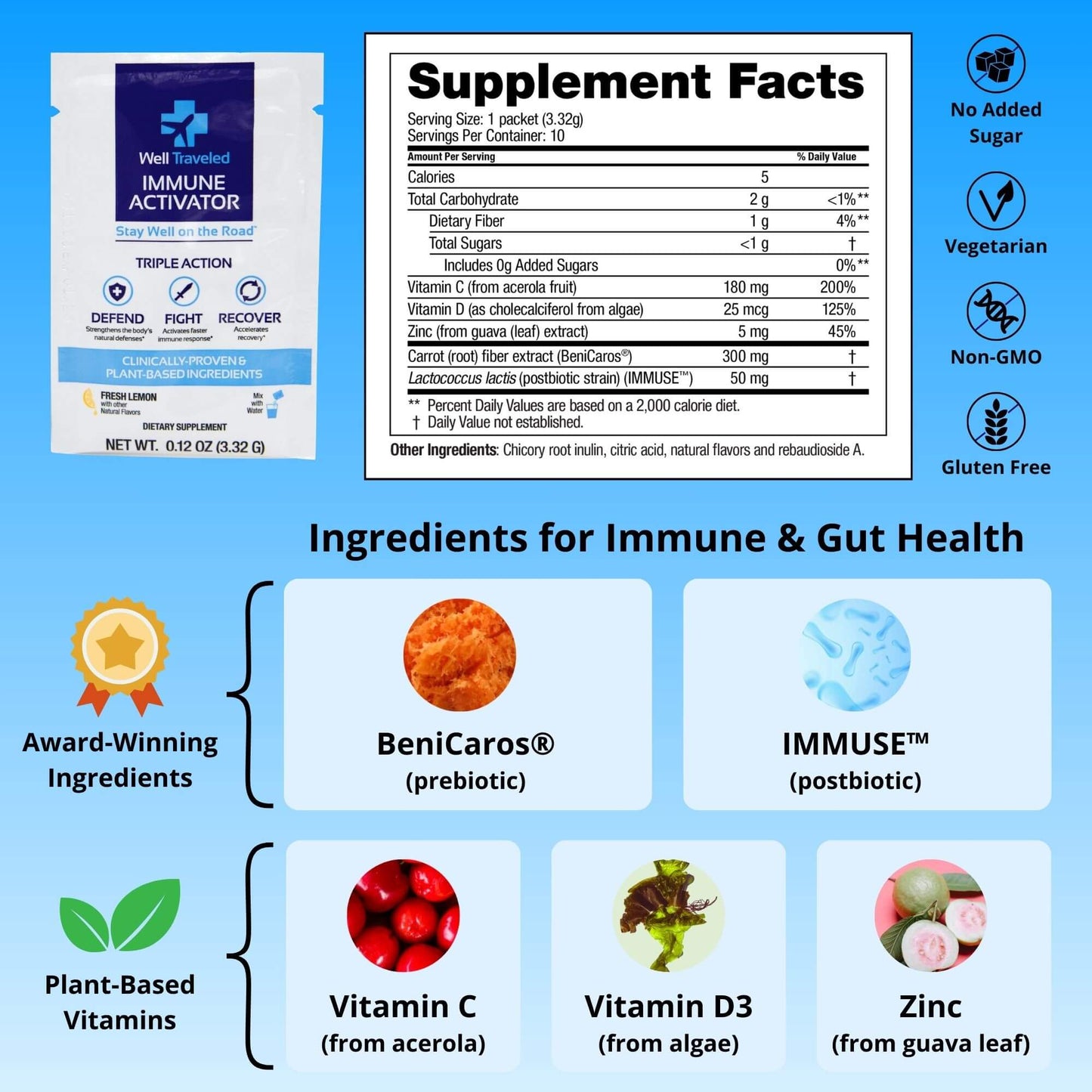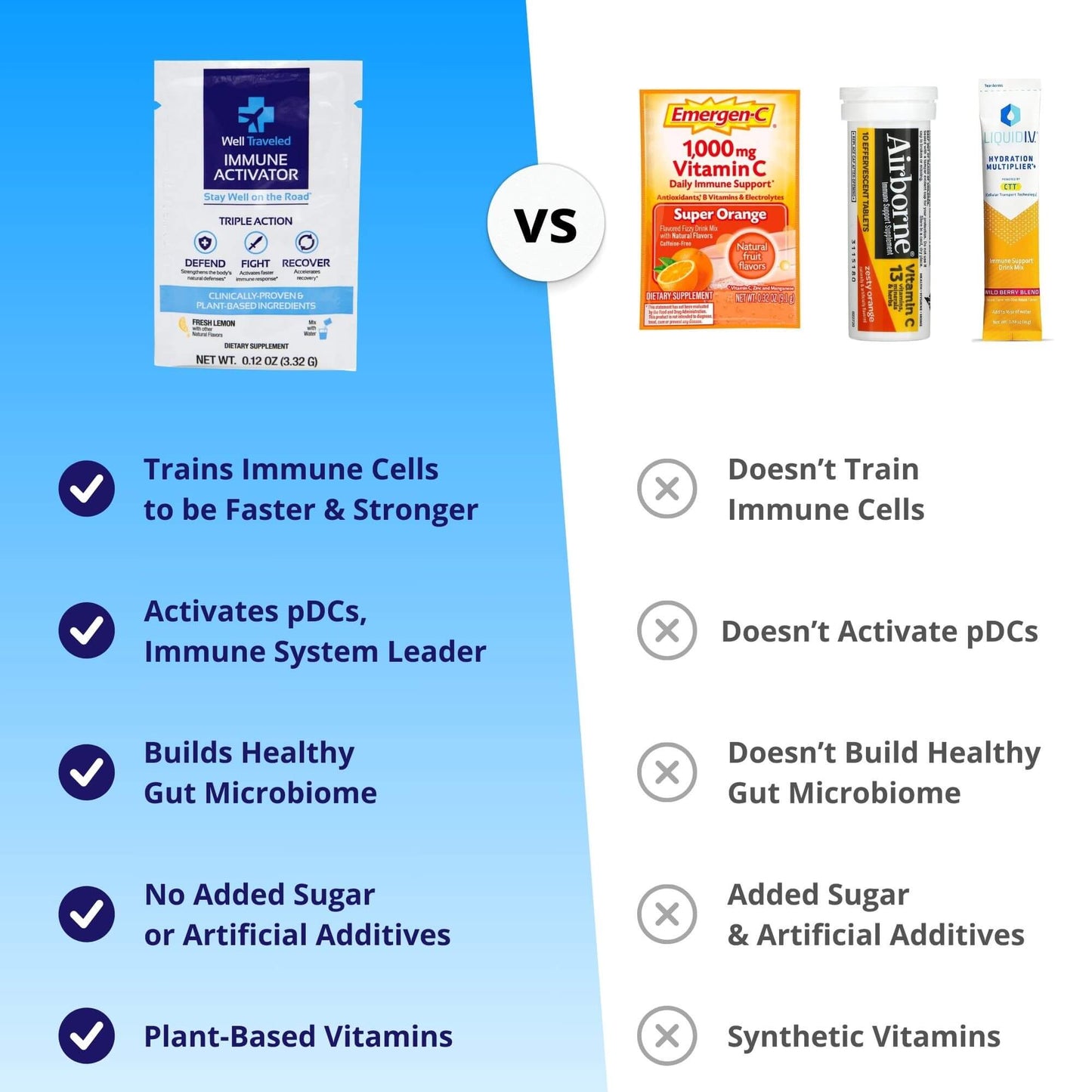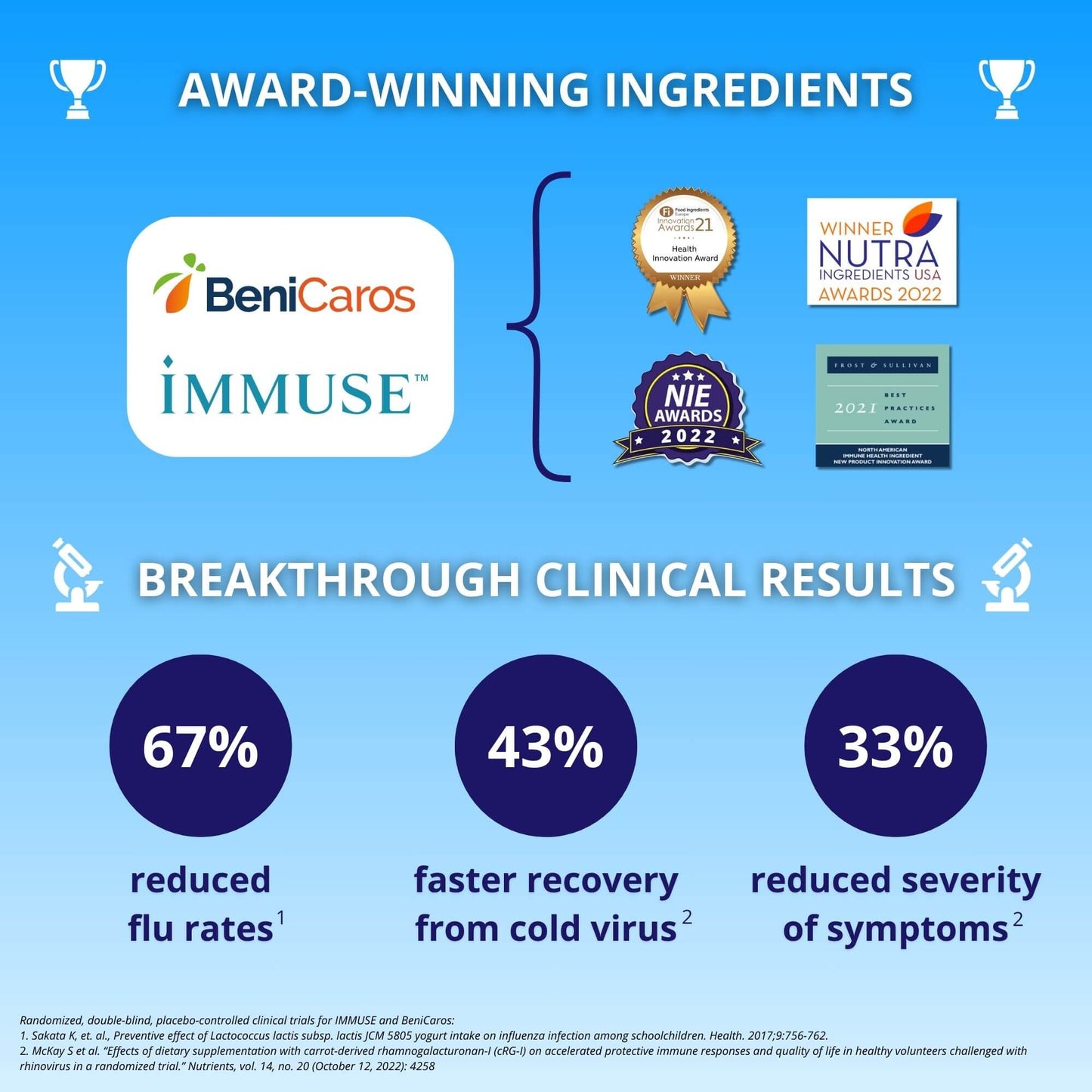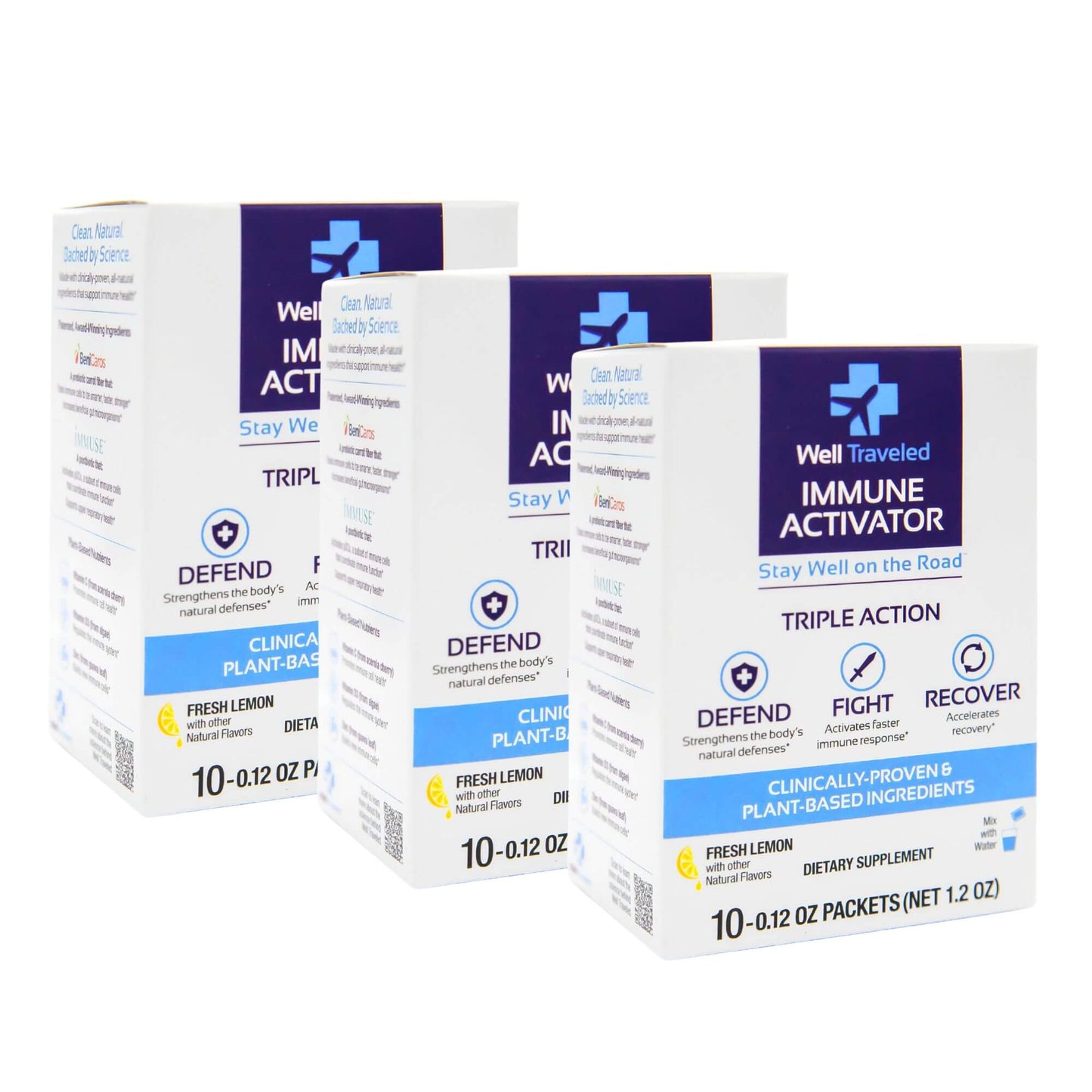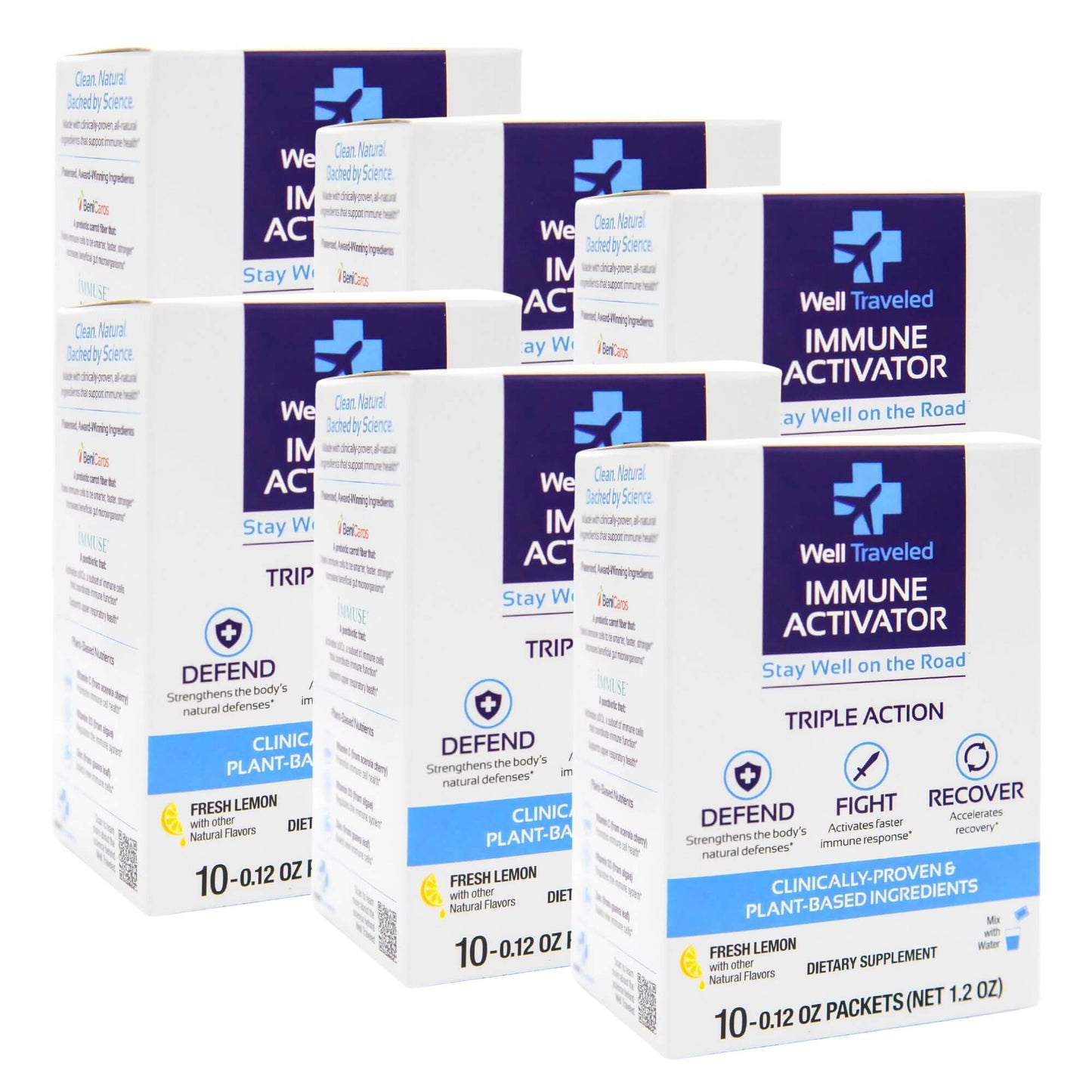A robust immune system is essential for maintaining good health and defending the body against various infections and diseases. While a balanced diet and regular exercise play crucial roles in supporting immune function, certain vitamins and minerals can provide a significant boost. Vitamin C, Vitamin D, and Zinc are three essential nutrients that have gained recognition for their immunomodulatory properties. In this blog post, we will explore the benefits of these micronutrients and their impact on the immune system.
Vitamin C
Vitamin C is a water-soluble vitamin renowned for its antioxidant properties. Here are the benefits of vitamin C for your immune system:
a. Antioxidant Defense: Vitamin C is a potent antioxidant that helps protect immune cells from oxidative stress and free radicals. This is crucial for maintaining the optimal functioning of immune cells.
b. White Blood Cell Support: Vitamin C enhances the production and function of white blood cells, which are the body's primary defenders against infections. It also aids in the production of antibodies and cytokines, which are essential for immune responses.
c. Collagen Production: Vitamin C is essential for collagen synthesis, a protein that supports the skin and mucous membranes. These barriers act as the first line of defense against pathogens, preventing them from entering the body.
d. Reduced Infection Severity: Research has shown that Vitamin C can reduce the severity and duration of common colds and respiratory infections.
Vitamin D
Vitamin D, often referred to as the "sunshine vitamin," plays a crucial role in immune function. Yet, nearly half of Americans are Vitamin D deficient! Here are the benefits of vitamin D for your immune system:
a. Immune Cell Activation: Vitamin D helps regulate the immune system by promoting the activation of immune cells, such as T-cells and macrophages. This activation is vital for identifying and eliminating pathogens.
b. Anti-Inflammatory Properties: Vitamin D has anti-inflammatory effects, which can help reduce the risk of chronic inflammation, a common factor in many diseases.
c. Enhanced Antimicrobial Peptides: Vitamin D supports the production of antimicrobial peptides, which are molecules that destroy bacteria and viruses.
d. Respiratory Health: Adequate levels of Vitamin D are associated with a reduced risk of respiratory infections and can potentially protect against severe respiratory conditions.
Zinc
Zinc is a trace element that is involved in numerous processes in the body, including immune function. Here are the benefits of Zinc for your immune system:
a. Immune Cell Function: Zinc is essential for the development and function of immune cells, including T-cells, which play a critical role in immune responses.
b. Antiviral Properties: Zinc can inhibit the replication of certain viruses, making it an important component in the body's defense against viral infections.
c. Wound Healing: Zinc aids in the production of new cells, which is vital for wound healing and tissue repair, including the repair of damaged immune tissues.
d. Reduced Duration of Illness: Studies have shown that zinc supplements can reduce the duration and severity of common colds and other respiratory infections.
Conclusion
While each of these nutrients has unique benefits, they often work together to enhance immune function. Vitamin C, Vitamin D, and Zinc can be particularly effective when taken together, as they complement each other in various ways.
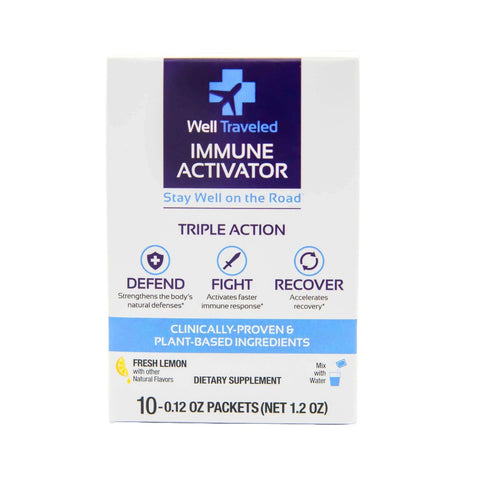
By incorporating natural forms of Vitamin C, Vitamin D, and Zinc into your diet with a supplement like Well Traveled, you can support your immune system and improve your overall well-being.


